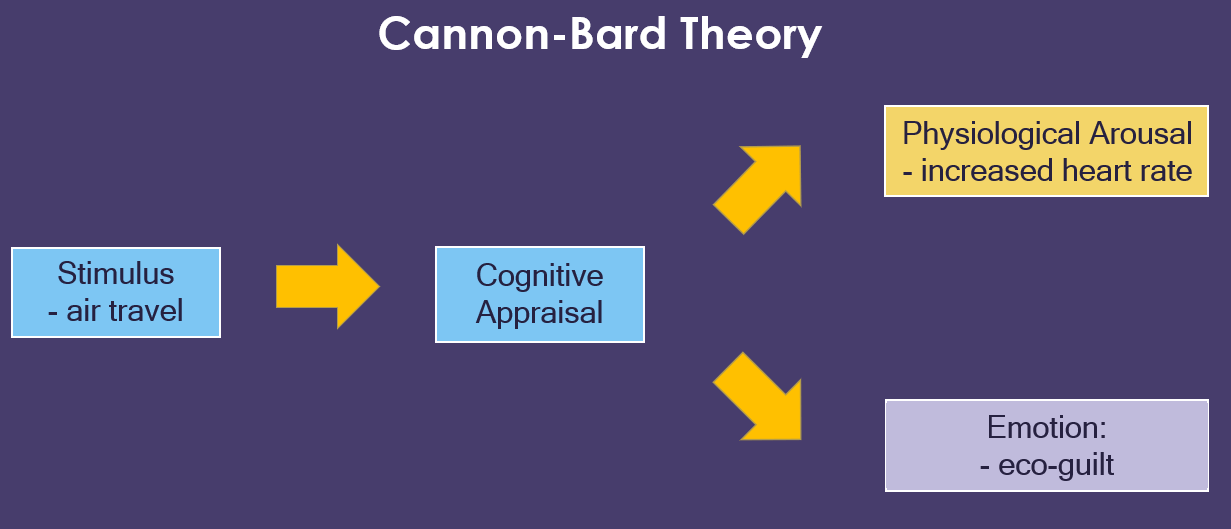Advocating an African science at the end of the century
[ad_1]

Historians note a shift from Eurocentric conceptualizations of science during the late nineteenth century. Spurred by a burgeoning print culture and widespread dissemination of news regarding scientific discoveries, “science” as a term began to be applied throughout various cultures as a means of describing rigorous systems of knowledge production. Civilization-specific alternatives, such as “Indian science” or “Islamic science,” arose to challenge the supremacy of “European” science. Applying the term enabled marginalized populations under colonial rule to honor their culture’s achievements, validate their texts and practices, and claim authority as accomplished civilizations.
A collective of intellectuals in the fin de siècle—including a medical practitioner and pastor named John Augustus Abayomi Cole—critiqued mainstream science for its preoccupation with materialism. These individuals sought to advance systems of knowledge production that acknowledge the impact of spiritual and supernatural forces existing outside ordinary human perception. European science, they said, lacked this connection to the spiritual world.
In “John Augustus Abayomi Cole and the Search for an African Science, 1885–1898,” published in Isis: A Journal of the History of Science Society, Colin Bos asserts these developments—as well as societal changes in Sierra Leone—were foundational elements behind Cole’s descriptions of African science. Analyzing Cole’s writings and his 1898 lecture Astrological Geomancy in Africa, Bos reveals how Cole endeavored to elevate and legitimize African knowledge practices, foster unity among Africans, and criticize European imperialism.
In Freetown, the capital city of Sierra Leone, Cole was a member of the English-speaking African bourgeoisie. The years between 1870 and 1900 were a period of increasing marginalization, economic downturn, and political upheaval. Neotraditionalist attitudes emerged in response. Elites who previously embraced imperialism and Anglophone customs were discarding them and reclaiming African names, clothing, and cultural practices. According to Cole, these neotraditionalist gestures were insufficient. Members of Freetown’s elite needed to adopt the spiritual sciences of societies found in Africa’s “interior.”
Drawing upon his experiences in the “interior,” Cole’s lectures introduced and championed an esoteric African science known as astrological geomancy. According to Cole, astrological geomancy—or ifá in Yorùbá—is a divination practice that allows one to predict future events. Shells or stones are cast across a board. The resulting patterns then correspond with houses of the astrological signs. Cole’s 1898 lecture featured an ifá demonstration that provided prognostications concerning the Hut Tax War, and he viewed the accuracy of these predictions as evidence of the system’s validity. Cole highlighted astrological geomancy’s complex, mathematical calculations as well as its mysticism. Bos notes the linkages between Cole’s astrological geomancy and Theosophical ideas of the period.
In addition to foretelling Europe’s failures, astrological geomancy, Cole asserted, was inherently anti-imperialist. Despite years of colonization, Europeans’ materialism inhibited them from discerning this ancient science. Cole’s anti-imperial writings, Bos argues, likewise aided in developing civilization-specific science by conceptualizing, and therefore decentering, European science.
“‘Science’ was a universal term for profound and true knowledge about the world and the process of producing it. That science came from Europe did not reflect its particularly European character, but rather, the continent’s status as the locus of universal ‘civilization.’ By contrast, Cole was one of a number of figures in the late nineteenth-century world whose attempts to understand and defend their own knowledge systems ultimately helped produce a concept of civilization-specific science, including ‘European’ or ‘Western’ science. Cole’s lectures created an idea of European science that was everything African science was not—concerned with the material world rather than the spiritual, the modern rather than the ancient, the technologically advanced rather than the homespun.”
A plant root atlas for tracking developmental trajectories
Colin Bos, John Augustus Abayomi Cole and the Search for an African Science, 1885–1898, Isis (2022). DOI: 10.1086/718388
Citation:
Advocating an African science at the end of the century (2022, March 21)
retrieved 27 March 2022
from https://phys.org/news/2022-03-advocating-african-science-century.html
This document is subject to copyright. Apart from any fair dealing for the purpose of private study or research, no
part may be reproduced without the written permission. The content is provided for information purposes only.
[ad_2]
Source link



